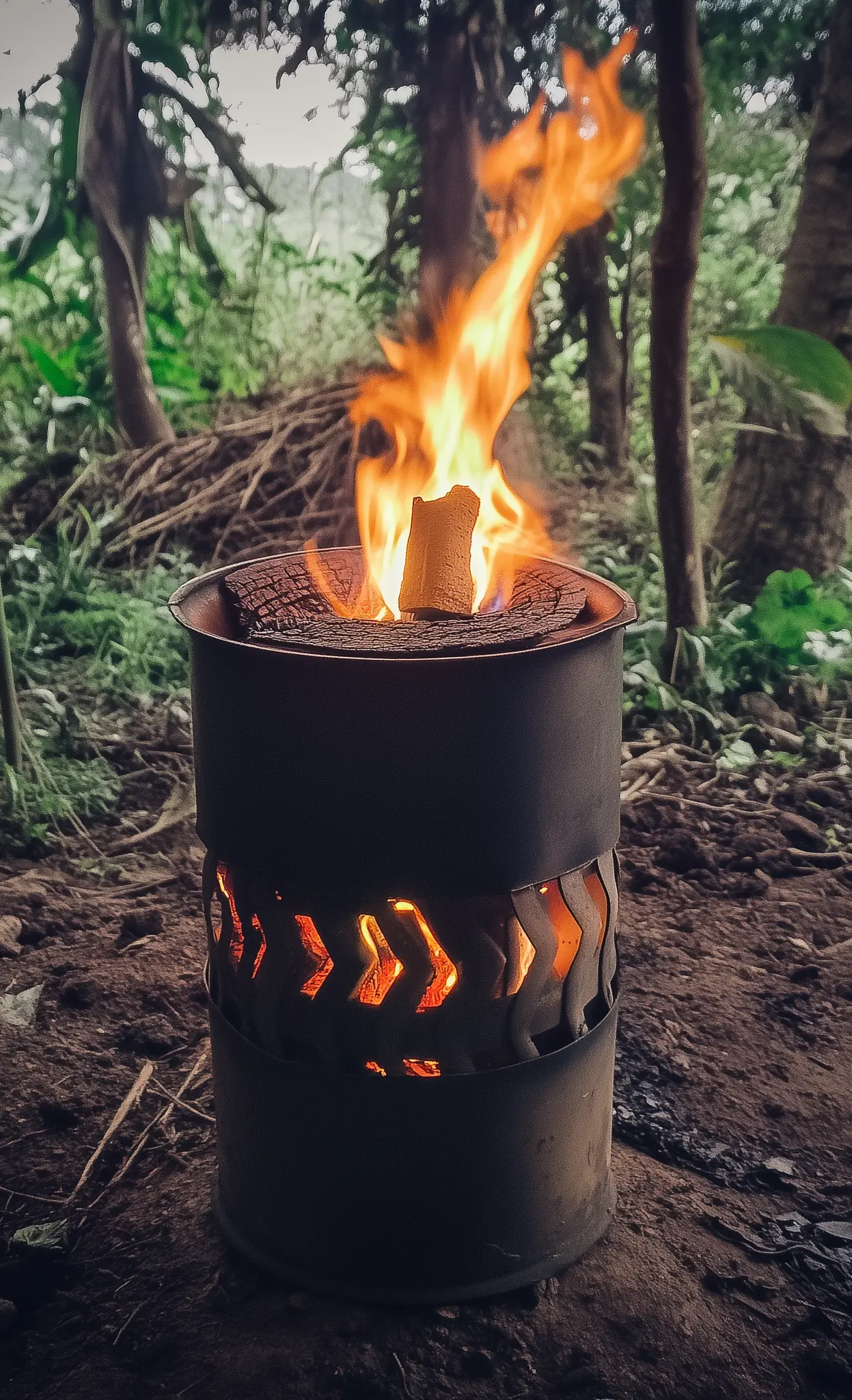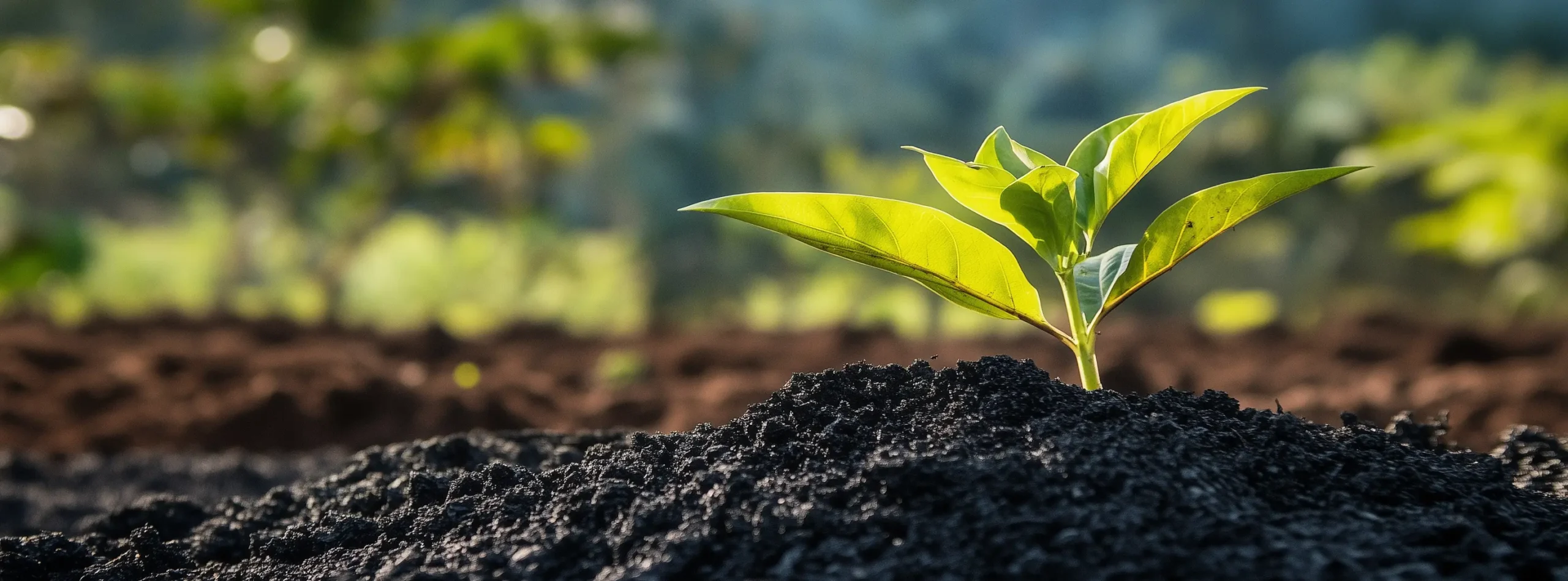It’s JUST Climate Change
– Our UK Initiative
Benefit from sustainable carbon offsetting making a positive impact on the environment
Green Actions is a UK based not for profit business focusing on sustainable development and climate change remediation in Kenya and East Africa. We are currently progressing towards accreditation of our carbon credits through the Carbon Standards International pathway.
This work will primarily be financed through the issuing of nature-based carbon credits. We are preparing for our pilot project execution phase, and our first investment call as part of the process to establish as a significant carbon credits provider within the Voluntary Carbon Market (VCM).
This work will primarily be financed through the issuing of nature-based carbon credits. We are preparing for our pilot project execution phase, and our first investment call as part of the process to establish as a significant carbon credits provider within the Voluntary Carbon Market (VCM).
Join us in delivering green climate actions
We are working to develop our UK donor and investor ecosystem so that we deliver our long terms goals to scale tailored restoration and regeneration climate action solutions across 60,000sq km2 of Northeast Kenya.
We are strengthening our network internationally and in UK. Promoting the sustainable impacts of our solutions to ensure widespread understanding and support:-
- Through our “It’s JUST Climate Change” initiative connecting an ecosystem of investors, donors and business with our high-impact climate projects.
- Developing community-led restoration programs mixing internationally verified carbon farming with local knowledge. Diversifying income streams and creating long-term climate change counteractive solutions that benefit local communities.
- Strengthening our network internationally and in UK. Promoting the sustainable impacts of our solutions to ensure widespread understanding and support.
- Securing carbon credit income to finance local change with global impact. Creating a restoration economy based on accredited and high integrity carbon credits.
To finance the cost of the accreditation and initial community training program we are offering the opportunity for businesses to become early-stage project supporters. Our advisory board provides an opportunity for engaged individuals and businesses to provide guidance regarding what businesses require and can buy in to? What resonates with your business, your customers, your employees and your publicly stated commitments.
High Integrity, High Impact Climate Actions
At the heart of our work is JUST transition and progress towards achieving the Sustainable Development Goals.
We have taken a bottom-up approach focused on what the communities in Northeast Kenya require. This information comes from our partners work across Kenya and Somalia. First and foremost, families want economic security so if there is drought, they have the resources to maintain themselves and their communities. This requires diversification of income alongside improvements to agricultural and livestock farming techniques.

We have taken a bottom-up approach focused on what the communities in Northeast Kenya require.
This information comes from our partners work across Kenya and Somalia. First and foremost, families want economic security so if there is drought, they have the resources to maintain themselves and their communities. This requires diversification of income alongside improvements to agricultural and livestock farming techniques.
Our start point is tree planting as this provides opportunities for families to earn money and acquire plant nursery, agro forestry and irrigation skills. Such activities focus communities to seek training and skills transfer. Our partners already work with established community groups which have progressed from tree planting to community investments in water management and entrepreneurship. Unfortunately, funding is sporadic, difficult to secure and lacks sustainability. Schemes originating from the Global North are focused on the needs of businesses far away and not those of communities. Community projects struggle to access carbon credit income as accreditation costs are £10,000+ per carbon type. Communities and partners need technical assistance and support to develop a regeneration economy earning sustainable carbon income from green climate actions.
Green Action, with its partners, will combine available funding with income from carbon credits to deliver climate actions at scale. Our differing approaches will see carbon credits deriving from plantation trees, reduced impact cooking stoves, mangrove swamps and other carbon sources as accreditation allows.
Our start point is tree planting as this provides opportunities for families to earn money and acquire plant nursery, agro forestry and irrigation skills. Such activities focus communities to seek training and skills transfer. Our partners already work with established community groups which have progressed from tree planting to community investments in water management and entrepreneurship. Unfortunately, funding is sporadic, difficult to secure and lacks sustainability. Schemes originating from the Global North are focused on the needs of businesses far away and not those of communities. Community projects struggle to access carbon credit income as accreditation costs are £10,000+ per carbon type. Communities and partners need technical assistance and support to develop a regeneration economy earning sustainable carbon income from green climate actions.
Green Action, with its partners, will combine available funding with income from carbon credits to deliver climate actions at scale. Our differing approaches will see carbon credits deriving from plantation trees, reduced impact cooking stoves, mangrove swamps and other carbon sources as accreditation allows.
Green Action Biochar Carbon Credits are an effective way to invest in community led climate actions solutions for removing greenhouse gases and offsetting your business activities. Our biochar credits are focused on
- Increasing the yields of agricultural practices
- Increasing income from livestock farming
- Increasing the number of trees through a mix of plantation tree growing, existing forest renewal and inclusion of fruit, nut and other commercial trees
- Improving rainwater management and land irrigation skills
- Developing a carbon credit management workforce

What is Green Action Biochar
The Biochar created by Green Action’s partners is essentially a type of charcoal made from agricultural waste, tree trimmings, invasive plants and coppiced wood.
The Biochar created by Green Action’s partners is essentially a type of charcoal made from agricultural waste, tree trimmings, invasive plants and coppiced wood. All producers, whether individual farmers or larger scale producers are trained and accredited through the Green Action Biochar technical assistance program. biochar is produced using a clean-burning method that results in low emissions. The resulting charcoal has various applications, including soil enhancement, water filtration, and incorporation into building materials. This nature-based carbon removal technique creates a stable form of carbon that can last for over 1,000 years. The production process is regulated, and the resulting carbon credits are accredited by the Carbon Standards International Artisan C Sink Standard.
Biochar in the community
Green Action aims to improve the drought resilience of communities, support sustainable development and increase rural wealth through creation of a regenerative economy. What that means in practice is:
- Biochar is mixed with nutrients and water, such as long-drop toilets and animal waste, matured for a few weeks and then incorporated into agricultural and agroforestry land. This improves the soil's water retention characteristics, increasing yield, stimulating root growth, and revitalising soil fungi.
- Biochar can be traded within the accredited system between large-scale producers and farmers, sold as a lower-emission cooking charcoal, or for inclusion in eligible building materials.
- Invasive tree species are replaced with a more diverse mix, enabling managed coppicing for sustainable long-term production and increasing biodiversity.
- Biochar can be used across the rangelands to support rainwater management and rangeland improvements, helping to ensure fodder availability for livestock and reducing flash flooding.
- Income from Biochar carbon credits is distributed between:
- the community/ producers,
- local authority to support infrastructure improvements such as boreholes, sand dams, and
- Green Action for compliance, financial control and technical assistance
- Sustainable development assistance from our partners supports women-led enterprises, digital, compliance and audit skills, increased education opportunities for girls, and microfinancing to support entrepreneurs alongside insurance against crop failures and wild animal damage.

Biochar Internal Control System (ICS)
To ensure our carbon credits can be traded on international platforms Green Action will manage biochar production to the Carbon Standards International Artisan C Sink Standard. Our own internal systems will be is externally verified to ensure traceability and accountability.
For accreditation the following eligibility must be fulfilled:
- Production of biochar according to Global Artisan C-Sink conditions.
- Farmers and Artisan Biochar Producer are not certified under any other methodology for nature-based climate service (i.e. biomass production and soil organic carbon).
- Social Impact: Involved parties have to be compensated fairly and transparently.
- Project location: The Project is located in a low- or middle-income country according to the World Bank classification.
- Biochar production does not exceed 100m3/year for a single C-Sink Farmer or 1500m3/year for a single Artisan Pro and is done with a low-tech production unit.
Example of farmer biochar production monitoring and control system
Green Actions are currently preparing its management plan and training programs ready for third party audit and accreditation by January 2025. This will cover small farmers with low scale production up to 100m3. Larger scale artisan producers, upto 1500m3 per year, will be inspected and certificated annually.
Join Us in Making a Difference!
Help us bring back true wilderness, support biodiversity, and empower communities. Together, we can build a sustainable future where nature thrives and communities flourish.